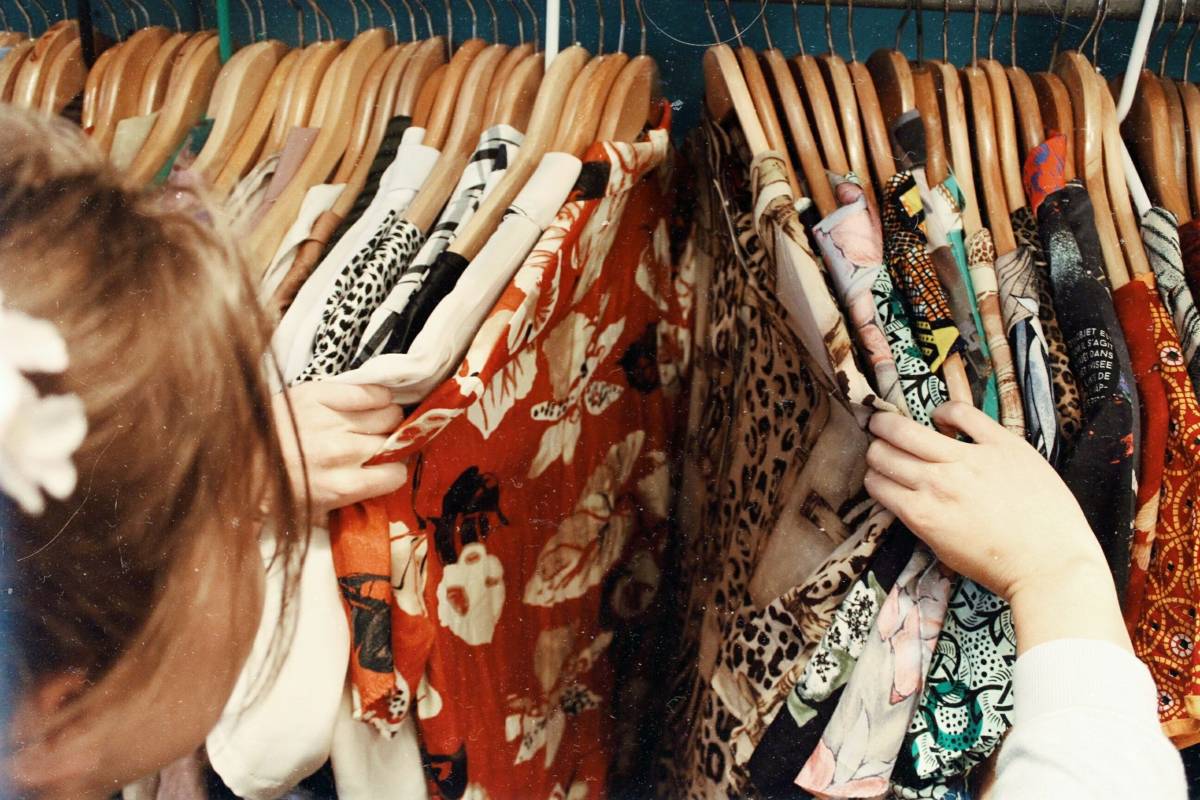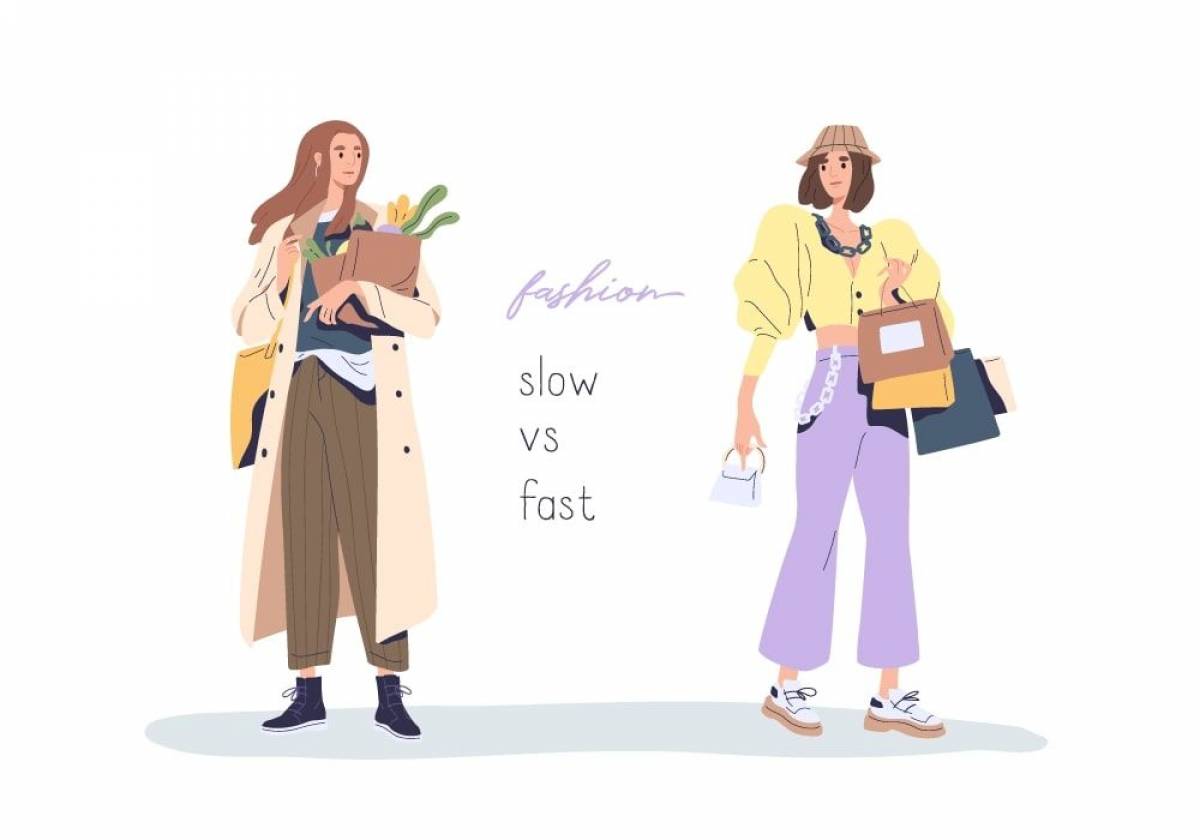Today, about 100 billion garments are sold each year in the world. The textile sector represents the second most polluting industry in the world (especially with fast fashion), it emits each year about 12% of the total CO2 emissions and 4% of the available drinking water in the world is used to produce our clothes.

The textile production is locked in an old-fashioned production scheme with the famous "I consume, I produce, I throw away".
We all know the classic pattern of 2 major collections per year, the spring/summer and fall/winter collections. Today, many fast fashion brands go as far as producing 12 collections per year. The objective? To be accessible to small budgets while being fashionable, and to encourage the consumer to buy more and more.
More and more people are becoming "responsible consumers". It is important that before buying a garment, to check how it is made, where it comes from, and if you really need it?
Switching to second hand is cheaper and very often of better quality. Many online second hand platforms are emerging, an alternative to consume better and responsibly.

Key figures:
Today, 50 million tons of polyester are produced compared to 10 million in the 1980s.
100 billion garments manufactured per year. Production doubled between 2000 and 2014, on average a person buys 60% more clothes but keeps them only half as long.
Worldwide, 1 in 10 children is forced to work: leather tanning, cotton production... The textile industry is the largest employer of children in the world.
In Bangladesh, textiles represent more than 70% of all exports.
1.2 billion tons of greenhouse gases are emitted by the textile industry every year.
Despite all these figures, there is a shift in consumption. The used clothing market weighed $24 billion in 2018, in the United States against $11 billion in 2012. It is expected to reach $51 billion by 2023. Gradually, the second-hand market is expected to surpass the fast fashion market.
Some companies are starting to be more and more involved in eco-responsible fashion. The Uniqlo brand, for example, has pledged to completely eliminate the release of hazardous chemicals throughout its supply chain. The group unveils a list of banned chemicals on its website.
Laws are also in place to reduce waste and pollution. For example, the solidarity economy laws that aim to stop incinerating clothes and the obligation to recycle for major brands.
Other news

27.04.23
Entrupy: the app that fights against counterfeits
Entrupy is a cutting-edge technology that uses artificial intelligence to authenticate luxury bags. At Closet, we use this technology to fully guarantee the authenticity of our second-hand luxury bags. Here are all the details about this app and how it works.
Read more
18.01.23
The 5 must-have pieces for this winter
With the beginning of the year also marking the start of a new winter season, Closet presents its selection of the 5 essential pieces to have in your wardrobe for this winter.
Read more